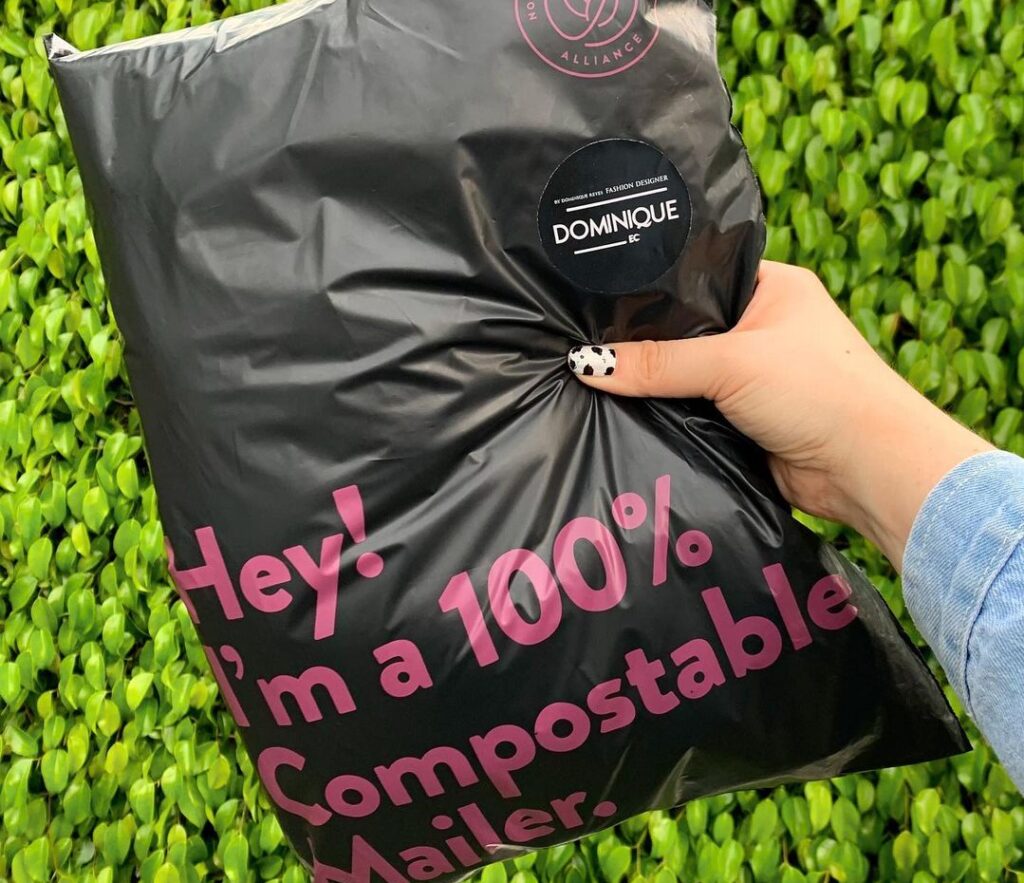
In the growing market of eco-friendly products, understanding how to check the compostability of items is crucial. Compostable products are a significant step toward environmental sustainability, but it’s important to know how to verify their authenticity. Here’s a guide to the most trustable methods to help you ensure the compostability of the products you choose.
Look for Certifications
The easiest way to verify the compostability of a product is to look for certifications from recognized institutions. Certifications like CPCB (Central Pollution Control Board) in India, BPI (Biodegradable Products Institute) in the USA, or TÜV Austria’s OK Compost label, indicate that the product meets specific standards for compostability. These certifications involve rigorous testing to ensure that the product will break down in a composting setting without leaving harmful residues.
Quick verification test to distinguish Compostable plastics from Conventional Plastics:
India’s Compostability certifying government agency has mentioned some quick steps to check the compostability of the products:
- Take Dichloromethane (DCM) in a test tube. Dissolve a 2×2 cm film sample or a few granules in Dichloromethane (DCM). Dissolution of samples* Confirm the presence of PLA and PBAT. PE and PP will not undergo dissolution.
To know more you can check out the guidelines in the SOP document of CPCB for a quick verification.
Understand the Composting Conditions
Compostable products typically require specific conditions to break down effectively, such as particular levels of moisture, temperature, and aeration. Industrial compostable products, for example, are designed to decompose in industrial composting facilities, which provide these ideal conditions. Home compostable products, on the other hand, can break down in home composting systems but might take longer. Knowing the composting requirements of a product can help you determine its true compostability.
Check the Material Composition
Understanding what materials are used in the product can give you insight into its compostability. Products made from natural plant fibers, like cornstarch or sugarcane, are typically compostable. However, be cautious of products that are a blend of compostable and non-compostable materials, as these might not decompose as expected.
Research the Brand and Manufacturer
Do some research on the brand or manufacturer. Companies committed to sustainability and environmental responsibility will often provide detailed information about the compostability of their products, including how to dispose of them correctly.
Decomposition Time Frame
A genuine compostable product should have a clear indication of its decomposition time frame. If a product claims to be compostable but doesn’t specify how long it takes to break down, it’s worth doing some additional research or contacting the manufacturer for clarification.
Disposal Guidelines
Finally, check the product’s disposal guidelines. Authentic compostable products will come with instructions on how to dispose of them in a way that ensures they will compost. This might include information on whether they should be taken to an industrial composting facility or if they can be composted at home.
Conclusion
Choosing Biouva’s compostable products is a fantastic step towards reducing environmental impact. By understanding how to verify the compostability of these products, you can make informed decisions that align with your sustainability goals. Together, we can make a difference in promoting a more sustainable future.